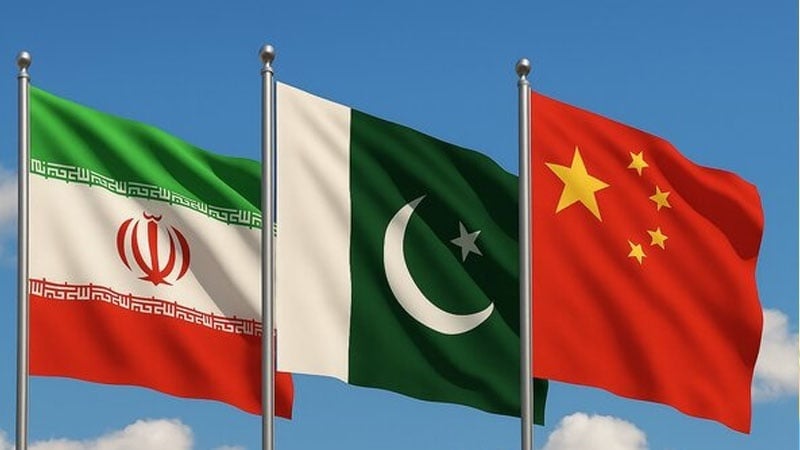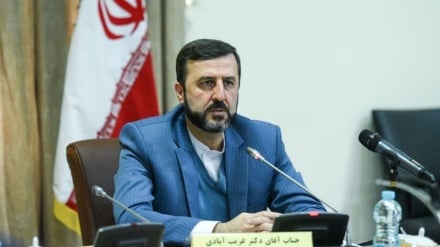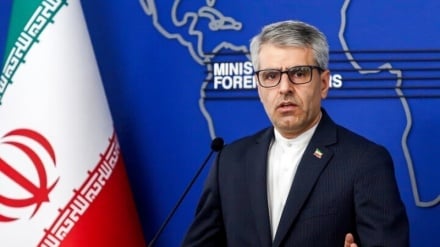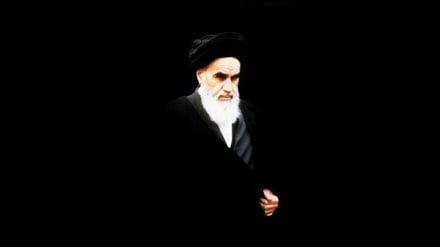Eastern support for Iran: China-Pakistan alignment raises Western concerns
-

Eastern support for Iran: China-Pakistan alignment raises Western concerns
Pars Today – A research center reported that China and Pakistan’s support for Iran during the 12-day war with the Israeli regime was not merely a temporary alignment but a sign of strategic convergence in the East—a trend that could reshape regional and global geopolitical dynamics.
Egypt’s Rowaq Research and Analytical Studies Center recently emphasized in a report that China and Pakistan’s support for Iran during the 12-day war with the Israeli regime signals the emergence of an Eastern convergence—a trend that could lead to a redrawing of regional and global geopolitical maps, raising serious concerns in the West.
According to Pars Today, citing the Iranian Students News Agency (ISNA), the report reviews the historical trilateral relations between Iran, China, and Pakistan since the mid-20th century, showing that their ties have become increasingly complex and strategic in recent decades.
From the Islamic Revolution in Iran to the China-Pakistan Economic Corridor and the Belt and Road Initiative, China’s major investments in Iran’s energy and infrastructure sectors, combined with Pakistan’s geopolitical significance, have made Tehran a key player in the regional and global calculations of both countries.
The Rowaq Center reports that China has shown explicit political and economic support for Tehran by opposing its condemnation in the UN Security Council, calling for a return to the JCPOA, and continuing to purchase Iranian oil despite sanctions.
Meanwhile, Pakistan has issued official statements from both the Prime Minister and the Defense Minister, providing diplomatic support for Iran, rejecting any international condemnation of Tehran, and emphasizing Iran’s right to defend its sovereignty.
According to the report, Beijing and Islamabad are concerned about the potential consequences of a significant weakening of Iran, as such a development could threaten major energy and infrastructure projects in the region and alter the influence map in West Asia and Central Asia.
However, Rowaq warns that this Eastern convergence has increased pressure from the U.S. and its allies on China and Pakistan, and this emerging axis could potentially evolve into a geopolitical bloc parallel to the traditional global power balances.


